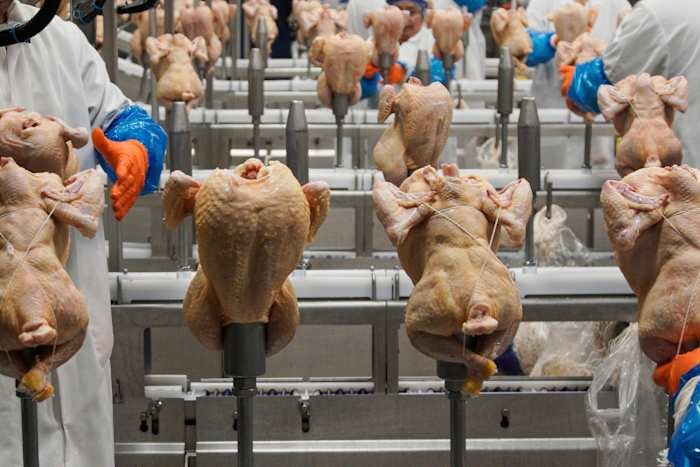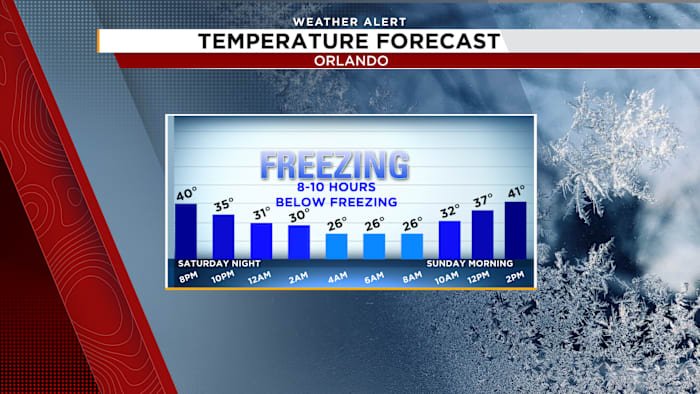Orlando, FL – In a surprising move, the U.S. Department of Agriculture (USDA) has announced the withdrawal of its proposed plan to limit salmonella bacteria in poultry products. This decision is causing ripples across the food industry, public health circles, and right here in Central Florida. As Orlando is home to a vibrant hospitality and food scene, the implications of this federal policy change are significant for local consumers, restaurants, and food suppliers. Daily Orlando News breaks down what this means for our community and what comes next in food safety.
What Was the Proposed Salmonella Plan?
The USDA’s original plan aimed to impose stricter limits on allowable levels of salmonella in raw poultry products, including chicken and turkey. Salmonella, a harmful bacteria, is a leading cause of foodborne illness in the United States. The rules would have forced poultry producers to meet new testing requirements and could have led to recalls or shutdowns for failing facilities. For Orlando’s many supermarkets, restaurants, and catering services, this could have meant safer products on shelves and menus, but also potential increases in operational costs.
The plan was developed after years of research and advocacy by consumer groups, who argued that the current standards were not stringent enough to protect public health. However, the USDA cited concerns from the poultry industry and logistical challenges as reasons for pulling back on the proposal.
Why Did the USDA Withdraw the Plan?
The USDA’s decision was influenced by strong pushback from poultry producers, who argued that the new rules would be difficult and costly to implement. Industry representatives claimed that the plan’s requirements could disrupt supply chains and lead to higher prices for consumers and businesses alike. The Department also cited the need for more scientific data and stakeholder feedback before revising existing regulations.
For Orlando’s food businesses, especially those still recovering from the COVID-19 pandemic, the prospect of higher costs is a real concern. However, some local health advocates worry that rolling back the plan puts public safety at risk, especially in a tourist-driven city where food safety is paramount.
The Impact on Orlando’s Food Scene
Orlando is a culinary hotspot, with a booming restaurant industry that caters to both locals and millions of tourists each year. The city’s food suppliers, grocers, and eateries rely heavily on safe, high-quality poultry products. With the USDA’s withdrawal of stricter salmonella limits, there’s uncertainty about how food safety standards will be enforced going forward.
Local chefs and restaurateurs have expressed mixed reactions. “Food safety is always our top priority,” said Maria Thompson, owner of a popular downtown Orlando eatery. “We source from reputable suppliers and follow rigorous kitchen protocols, but we also count on federal standards to protect our guests.” Others in the industry acknowledge the challenges of increased regulation but fear that without updated standards, foodborne illness outbreaks could become more frequent, threatening both public health and business reputations.
Orlando’s large hospitality workforce, including food service employees, may also be impacted. If salmonella cases rise, worker absenteeism and healthcare costs could follow, affecting both individuals and local businesses.
Public Health Concerns and Consumer Awareness
Salmonella infection, or salmonellosis, can lead to symptoms such as fever, diarrhea, and abdominal cramps, sometimes requiring hospitalization. According to the CDC, salmonella causes an estimated 1.35 million infections and 420 deaths in the U.S. annually. Florida, with its warm climate and large population, is among the states that see higher rates of foodborne illnesses.
Public health officials in Orlando and Orange County are urging residents to take extra precautions when handling and preparing poultry products. This includes thoroughly cooking chicken and turkey, avoiding cross-contamination in the kitchen, and washing hands and surfaces regularly. Consumers are also encouraged to stay informed about food recalls and to report any suspected cases of food poisoning to local health authorities.
At the same time, food safety advocates continue to push for stronger federal oversight. “We need robust standards to protect the public, especially vulnerable groups like children and seniors,” says Dr. Lisa Ramirez, a local epidemiologist. “While personal responsibility is important, systemic solutions are essential.”
What’s Next for Food Safety Regulation?
The USDA has stated that it will continue to review food safety data and seek further input from industry and public health experts. While the salmonella limits proposal is off the table for now, the issue is far from resolved. Many expect new recommendations or revised rules in the future, as food safety remains a top concern at both the national and local levels.
In the meantime, Orlando’s food businesses are reminded to stay vigilant and prioritize best practices in food handling. Consumers should also be proactive by reading product labels, storing food properly, and speaking up if they suspect food safety violations.
Conclusion: Your Voice Matters
The USDA’s decision to withdraw its plan for limiting salmonella in poultry products affects everyone who enjoys Orlando’s vibrant food culture. Whether you’re a restaurant owner, a local shopper, or someone who loves to cook at home, food safety is a shared responsibility. What do you think about the USDA’s move? Are you concerned about salmonella risks, or do you support the decision to hold off on stricter regulations?
Share your thoughts in the comments below and let your voice be heard in the Orlando community!
















